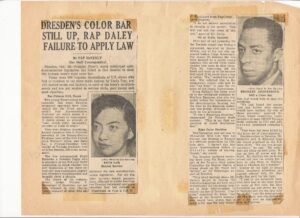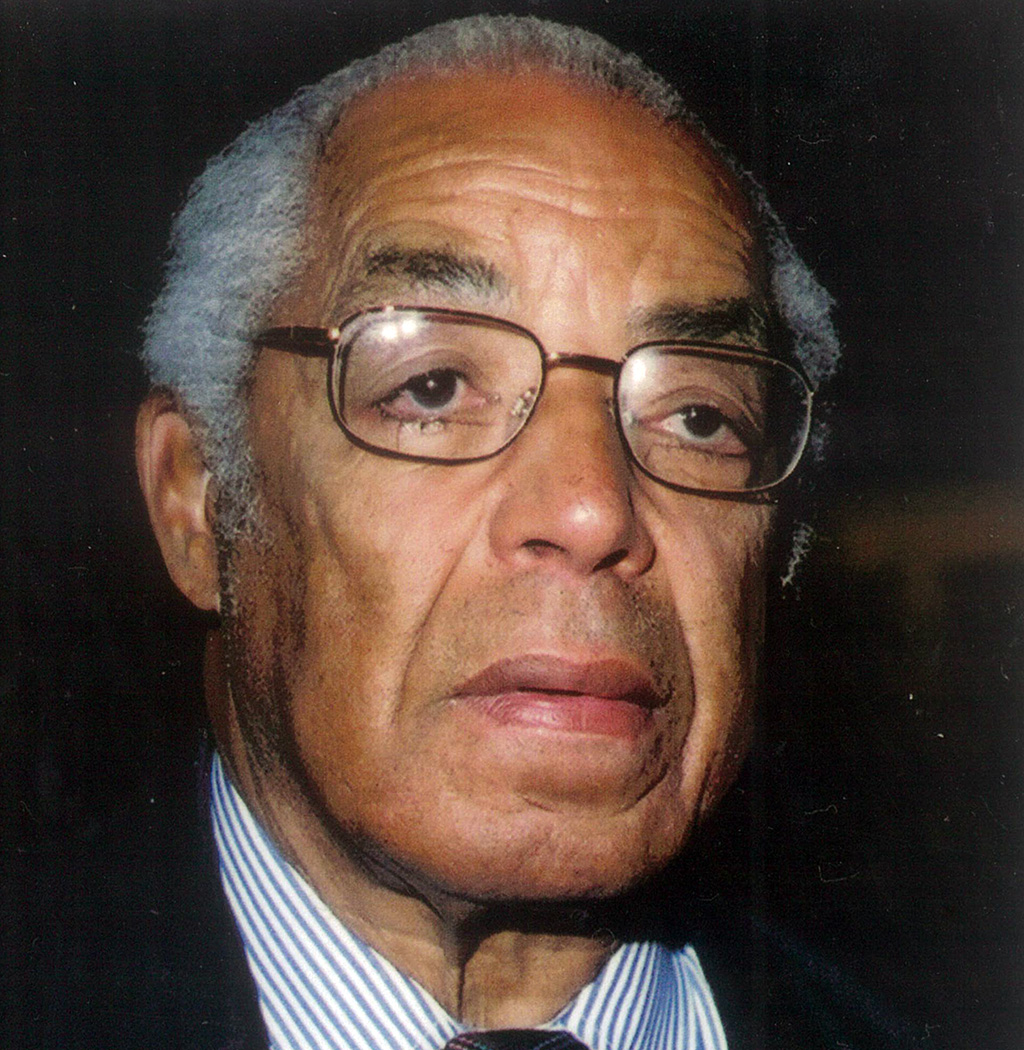Born on February 9, 1926, Bromley Lloyd Armstrong was a Canadian civil rights activist, community organizer, trade unionist, and Jamaican immigrant. He was heavily involved in Canada’s blossoming civil rights era, beginning with his arrival in 1947. Born in Kingston, Jamaica to working-class parents, Eric Vernon and Edith Miriam Armstrong, he was the fourth child of seven children. He emigrated along with his brother George to Canada in pursuit of better education and employment. World War II left Jamaica in a state of disarray, and opportunities for quality education and jobs were scarce.
Although he struggled initially, in 1948, Armstrong found work with an agricultural equipment company known as Massey-Harris (later Massey-Ferguson). He followed in the footsteps of his father and began a career as a welder. Armstrong joined the United Automobile Workers (UAW) Local 439 and quickly became a pivotal force in the Canadian trade union movement. In addition to his work as a trade unionist, Armstrong worked diligently as a community organizer and was dedicated to community-based societal engagement. He established many associations, including the Jamaican Canadian Association (1962), the Urban Alliance on Race Relations (1975), and the Black Business and Professional Association (1982). He has also worked on the Ontario Human Rights Commission, the Ontario Labor Relations Board, Toronto Mayor’s Committee on Community and Race Relations, Ontario Advisory Council on Multiculturalism, and Board of Governors of the Canadian Centre for Police-Race Relations.
Armstrong is undoubtedly best known for his engagement in the “Dresden story” and the Toronto “rent-ins” of the 1950s and 1960s. Armstrong traveled to Dresden, Ontario in 1954 where he organized “sit-ins” in Dresden restaurants that failed to serve its black residents. Ironically, Dresden had historically been a predominately black town in the 19th century because it was a haven for escaped slaves from the United States on the Underground Railroad. By the 20th century, however, blacks who formed only about half of the population, were excluded from most of the town’s restaurants. Armstrong joined Dresden native Hugh Bennett in leading the Dresden sit-ins.

Courtesy Archives of Ontario (F 2130-8-0-1)
Bromley Armstrong and his wife, Marlene, who is a photographer, lived in Pickering, Ontario. The couple had one child, Lana Mae. In his autobiography, Bromley: Tireless Fighter for Just Causes (2000), he describes his life as that of a committed union activist who operated to enhance circumstances for workers in various Canadian industries. He also described himself as a human rights campaigner working meticulously for radical social change. Armstrong accepted many awards and distinctions including the Order of Ontario (1992), Member of the Order of Canada (1994), and Order of Distinction in Jamaica (1998). In 1998, he was also given the Harmony Award. In 2013, Armstrong received an honorary Doctor of Laws degree from York University for his exhibited commitment, enthusiasm, and lifelong devotion to fighting racial discrimination.
Bromley Armstrong passed away on August 17, 2018 in Toronto, Canada. He was 92.

